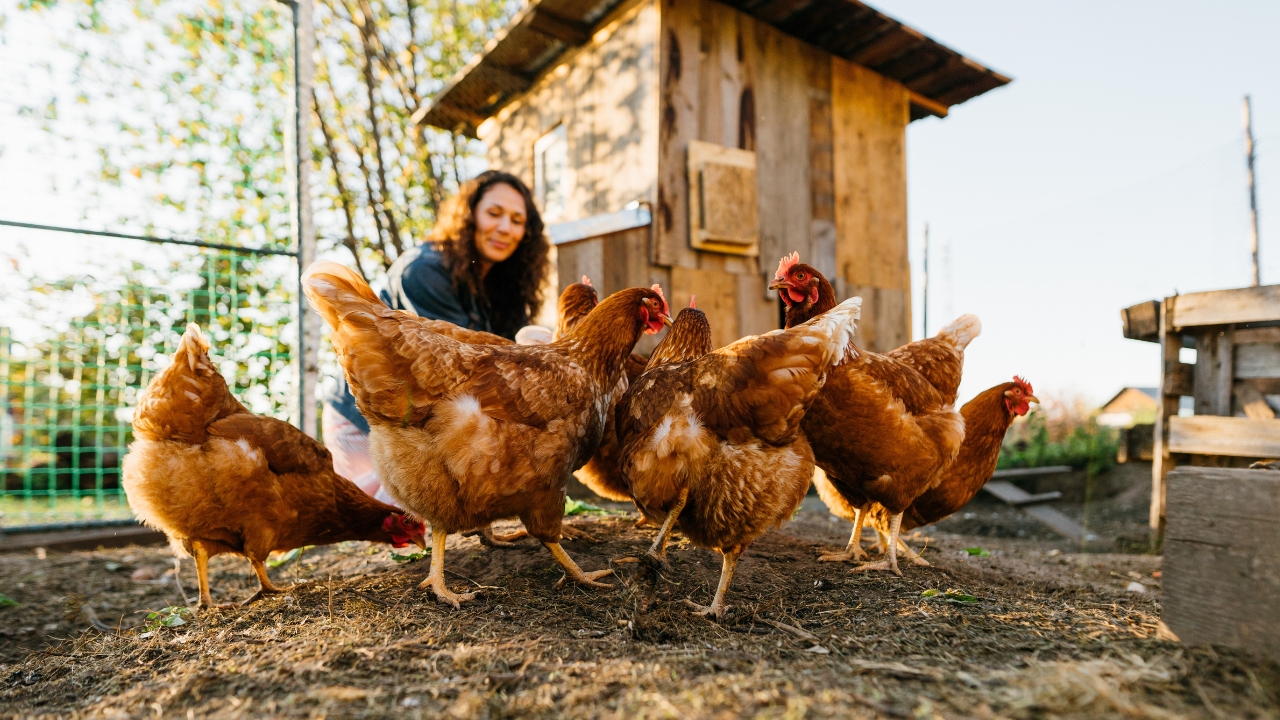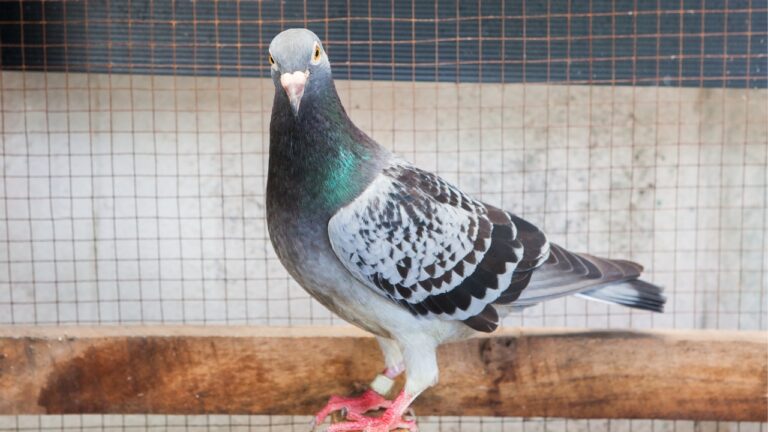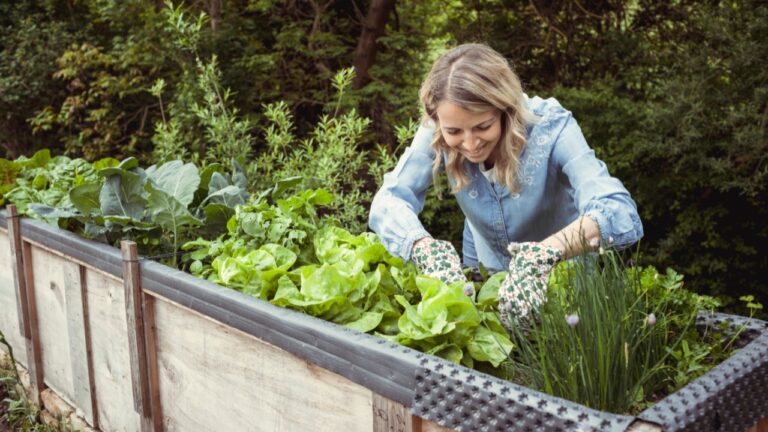Backyard Chickens on a Budget: What You Can Skip (and What You Can’t)
Raising chickens doesn’t have to drain your wallet, but it’s easy to blow cash on stuff you don’t actually need. Between Pinterest-perfect coops and overpriced accessories, a lot of people spend more time shopping than actually caring for their birds.
Chickens are simple animals. Give them the basics, and they’ll thrive. But cut corners in the wrong places, and you’ll pay for it later. Here’s what’s worth spending money on—and what you can skip without thinking twice.
Skip: Fancy Chicken Coops

You don’t need a $1,500 designer coop with skylights and flower boxes. As long as it’s dry, draft-free, and predator-proof, your chickens won’t care what it looks like. Plenty of folks build their own with scrap wood, old sheds, or pallets—and it works just fine.
Focus on structure and safety over style. The money you’d spend on a prebuilt showpiece is better put into feed, fencing, or future repairs. Chickens are hardy. Give them shelter and security, not HGTV.
Don’t Skip: Quality Fencing

Predators are your biggest threat, and cutting corners on fencing is asking for heartbreak. Chicken wire keeps birds in, but it won’t stop raccoons, foxes, or neighborhood dogs. You need something stronger—like hardware cloth or welded wire—especially around the bottom few feet.
Even if your area “doesn’t have predators,” one will show up as soon as you get chickens. Save yourself the trouble. Good fencing is a one-time cost that’ll protect your whole setup long-term.
Skip: Store-Bought Nesting Boxes
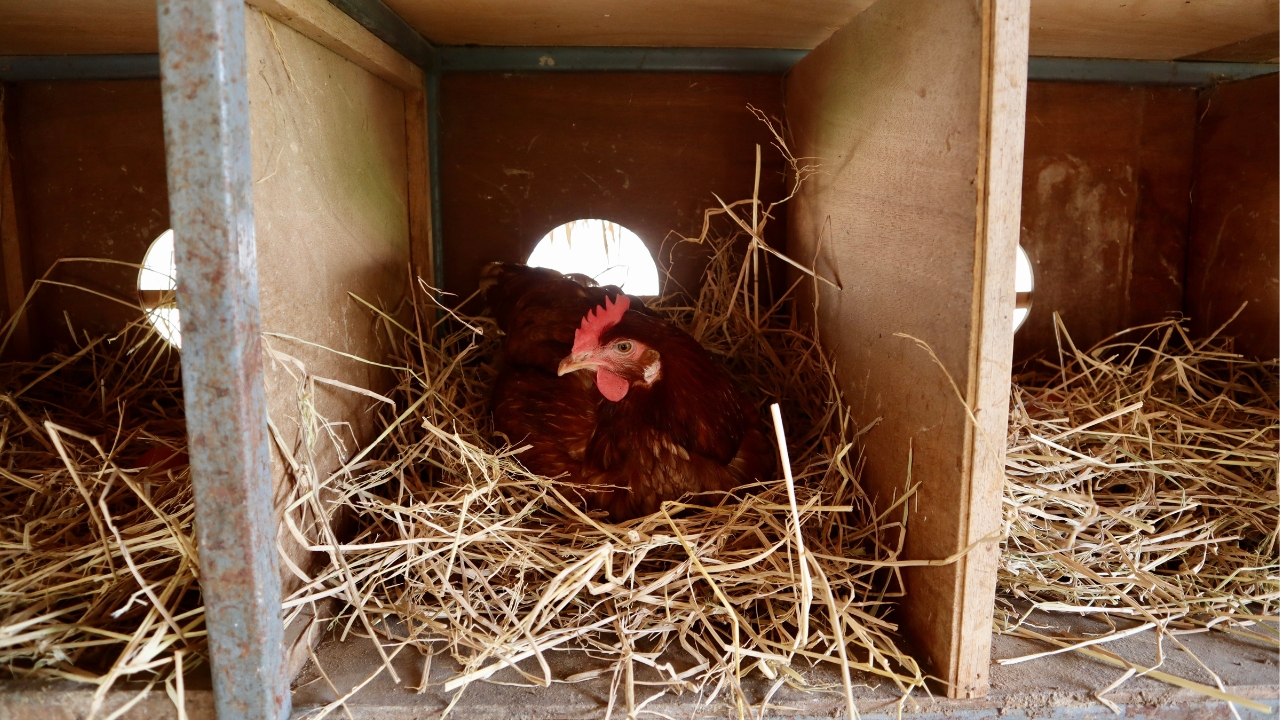
You don’t need to spend a dime on nesting boxes. Five-gallon buckets, milk crates, storage bins, or even old drawers work just as well. Chickens aren’t picky—they just want a dark, quiet corner to lay.
Toss in some straw or pine shavings and mount it low to the ground. You’ll save cash and still get clean eggs. Don’t overthink it—if your DIY box holds a chicken and keeps the eggs from rolling out, it’s good enough.
Don’t Skip: Decent Feed

It might be tempting to cut costs on feed, but this is one area where quality matters. Cheap feed can mean lower egg production, health problems, or birds that don’t grow right. You don’t need the most expensive organic mix, but stick with a well-balanced layer ration from a reputable brand.
Supplement with kitchen scraps and free-ranging when you can, but don’t let that replace a solid base feed. If your birds aren’t eating right, nothing else you do will matter.
Skip: Heated Coops

Unless you live in a place where winters are absolutely brutal, you can skip the coop heater. Chickens handle cold better than they handle moisture, and as long as the coop is dry and draft-free, they’ll be just fine.
Heaters can actually cause more harm than good. They increase fire risk and make birds dependent on heat. Let them acclimate naturally, and focus on ventilation instead. Toss some extra straw in, block direct wind, and your flock will weather most winters without issue.
Don’t Skip: Grit and Calcium

These two get overlooked all the time, but they’re essential. Chickens don’t have teeth, so they need grit (like small stones or coarse sand) to help break down their food. If they’re not free-ranging on dirt or gravel, you’ll need to provide it.
Calcium is just as important, especially for laying hens. Crushed oyster shell or eggshells (baked and ground up) will help keep their eggshells strong. Skipping it leads to soft shells, broken eggs, and stressed-out birds.
Skip: Toys and Chicken Furniture
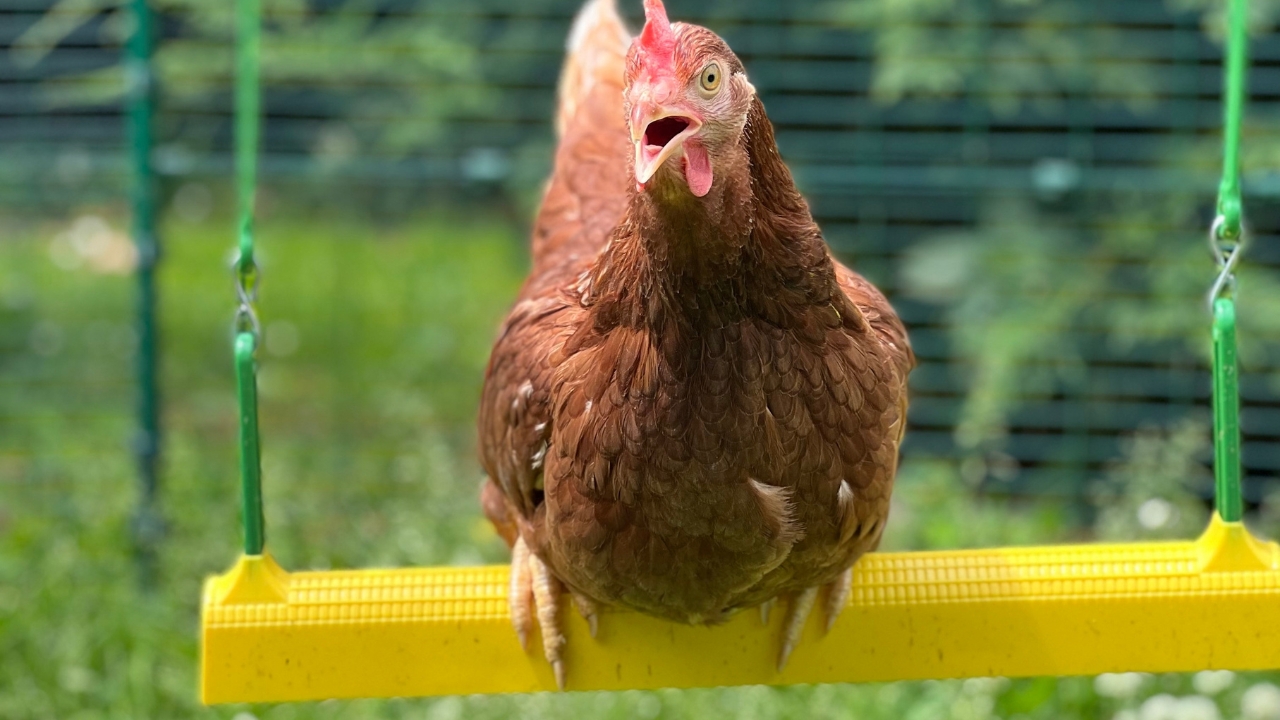
You’ll see all kinds of stuff online—swings, ladders, perches with mirrors—but most of it’s made for the people, not the birds. Chickens aren’t bored house pets. If they’ve got space to scratch, dirt to bathe in, and bugs to chase, they’re happy.
If you want to give them enrichment, toss a cabbage on a string or scatter scratch grains. Save your money and skip the chicken seesaws and obstacle courses. They’ll never miss them.
Don’t Skip: Clean Water

Clean, unfrozen water is non-negotiable. Chickens won’t lay well or stay healthy without it. And if their water is gross or full of algae, they’ll either avoid it or end up sick. You don’t need an expensive system—just something easy to clean and refill.
In winter, invest in a heated waterer or use a rubber bowl you can knock the ice out of. In summer, keep it in the shade and rinse it out often. This one’s not about luxury—it’s basic care.
*This article was developed with AI-powered tools and has been carefully reviewed by our editors.

